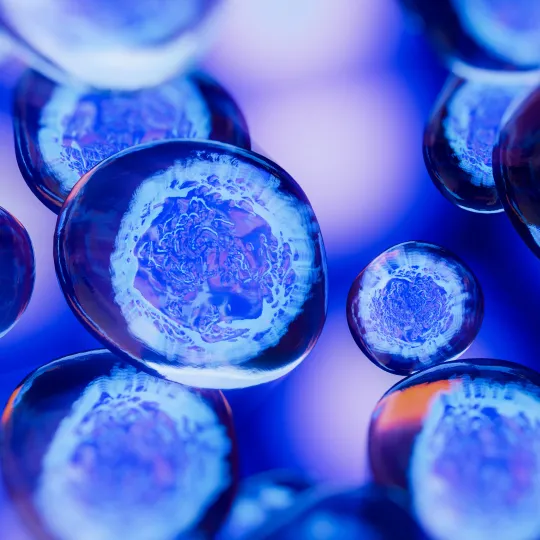
EMA and the Heads of Medicines Agencies (HMA) are warning the public about the dangers of unregulated advanced therapy medicinal products (ATMPs) offered to patients in the European Union.
ATMPs are medicinal products that are based on genes, tissues or cells. When these medicines are regulated (i.e. authorised via EMA or approved by a national authority), they can offer important benefits for patients. The European Union has established guidelines to ensure that ATMPs meet stringent safety and efficacy standards.
However, a number of individuals, companies and clinics have been marketing unregulated ATMPs directly to patients, often when there is little or no evidence that the products work or are safe. Some of the unregulated products in the EU are sold as dendritic cell therapies, which use a type of immune cell (dendritic cell) to attack cancer cells.
Authorities are warning the public that unregulated products could put patients at risk, causing serious side effects while not providing benefits to patients. Additionally, unregulated ATMPs present significant quality-related risks due to the lack of strict oversight and regulatory compliance in the manufacturing process, which can lead to contamination, inconsistent product composition, and improper storage. Patients may also face substantial financial costs and emotional distress from ineffective or harmful treatments.
It is important that patients are only offered ATMPs, including dendritic cell therapies, that have been authorised or approved by a regulator.
Authorities across the EU are working together to clamp down on those supplying unregulated ATMPs. The public are requested to report any suspicious cases to their national competent authorities.
Important information for patients and their families
- The products are usually sold on websites or social media channels as a last hope, exploiting the worries of patients and their families. National authorities are taking action to stop the sale of such products and, in some cases, are involving the police.
- While there is usually little or no evidence that these products are effective, they may pose the risk of severe side effects.
- If you or a family member has been offered an ATMP (a medicine based on cells, tissues or genes), consult official and reliable sources, such as the European Medicines Agency (EMA) or your national competent authority (NCA) to confirm its use has been approved for the intended therapeutic indication.
- Beware of treatments advertised online and on social media. Always discuss potential treatments with qualified medical practitioners. You should seek a second opinion about any treatment you are considering.
- Contact your national competent authority or EMA if you have any questions or suspicions.
How are ATMPs supplied legally in the EU?
In the EU, ATMPs, including personalised products, can only be supplied legally if:
- they are centrally authorised via EMA
- they are given as part of a clinical trial authorised by a national authority
- a national authority has given special exemption for them to be used under certain conditions in a hospital.
Those marketing ATMPs that do not fulfil any of these criteria put patients at risk and could be breaking the law.
Warning signs that an ATMP may be unregulated
Here are some warning signs that an ATMP is unregulated and may be supplied illegally:
- the provider markets the product as experimental but it is used outside an authorised clinical trial
- the provider cannot confirm that the product’s use has been authorised via EMA or approved for use by the national authority where the patient is located or resides.
- the claimed benefits are superior to those of currently authorised treatments (if available), and are not documented in the medical literature.
Why are ATMPs regulated in the EU?
As with all medicines, ATMPs, including personalised products made in hospitals, are regulated in the EU to ensure that patients benefit from them and that they have been proven adequately safe.
EU law requires medicine developers to carry out well-designed clinical trials, which are able to evaluate a medicine’s benefits and risks.
When developers then apply for marketing authorisation, EMA’s scientific committees – including the Committee for Advanced Therapy (CAT) – carefully evaluate the safety and efficacy data from the trials to make sure that the benefits outweigh the risks. EMA also looks at data on the quality of the product to make sure it contains the right substances in accordance with its specifications.